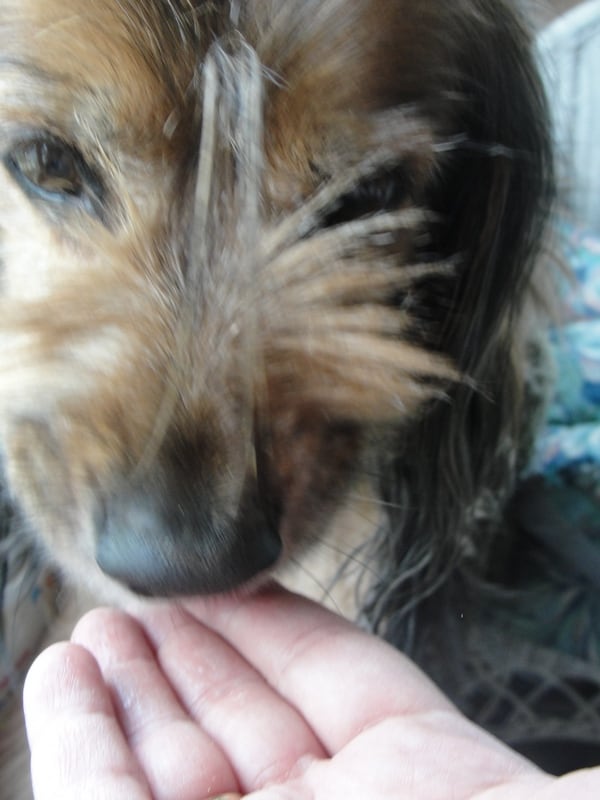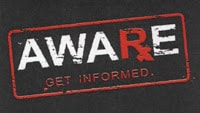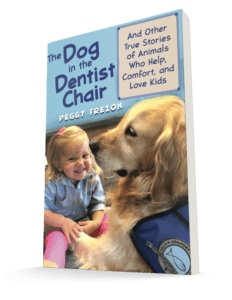Recently I was asked to help spread the word about how to properly dispose of your pet’s leftover prescription medications. I never really thought about this before, but it certainly seems like a valid and worthy topic.
The first thing to know–April 28 was the DEA National Prescription Drug Take-Back Day, with collection sites available for people to deposit unused people and pet prescription medications. While I’m a tad off the mark in posting this date, the information is still useful.
I had the opportunity to ask some questions of Dr. Catizone, Executive Director of the National Association of Boards of Pharmacy (NABP)
1. Why is Drug Take-Back day so important?
Dr. Catizone: Prescription drug abuse has reached epidemic proportions across the country. In 2010, 7 million people aged 12 or older abused prescription drugs, according to the Substance Abuse and Mental Health Services Administration, a government agency that conducts a national survey on related topics each year.
The same survey showed that over 50% of people abusing these drugs got them from friends or family for free. Often those who abuse drugs, including teens, take them right of the medicine cabinet. This can include medications prescribed for pets.
Ridding the home of unused, expired, or unneeded medications, helps to prevent the drugs from falling into the wrong hands.
2. Are pet medications abused by people? Which ones are the most commonly abused?
Dr. Catizone: Pain relievers and tranquilizers are two of the most commonly abused drugs, as reported in the Substance Abuse and Mental Health Services Administration National Survey, and both types of drugs are used in the practice of human and veterinary medicine.
DEA has also indicated that buprenorphine and ketamine are drugs of abuse; each of these drugs is a prescription controlled substance approved for human and veterinary use.
3. Is it safe to keep leftover medication? For how long?
Dr. Catizone: First, be sure to follow the instructions given by your doctor and your pharmacist for using prescribed medications, or the instructions provided by your veterinarian for administering medications to your pet. Talk with your doctor, pharmacist, or veterinarian if you have any questions about taking or administering medications, including how long to use the medication, and how you should store the medication.
Generally speaking, keeping leftover medication is not advised.
Removing these unused medications from your home helps to protect your pets, as well as other family and friends, from accidental ingestion or misuse.
4. What are the most common wrong ways people dispose of old medications and why is it harmful?
Dr. Catizone: Flushing certain medications or improper disposal in the garbage can lead to safety and environmental hazards.
FDA does recommend that certain drugs are flushed to prevent danger to people and pets in the home. FDA has determined that the risks of accidental ingestion of these select medications, outweighs the small risk to the environment. A link to the list of drugs that should be flushed for disposal, as well as additional information, is available on the Medication Disposal page of the AWARxE Web site.
5. What is the proper way to dispose of old medication?
Dr, Catizone: If you have pills or medication that is no longer needed or has expired, dispose of it at an authorized DEA Take-Back location, or a local medication disposal program. The next DEA National Prescription Drug Take-Back Day is April 28, 2012 and collection sites will be located across the country.
Also, cities and counties across the country provide permanent medication disposal programs. Many programs provide a drop-box at a police department—these programs can take controlled substance medications for disposal. Other programs are run by hazardous waste disposal agencies or other entities that cannot accept controlled substance medications, but can take all other unused drugs for safe disposal.
If there are no drug disposal sites near you, there are options for disposing of drugs at home. The information that comes with your prescription may provide instructions on home disposal. Only some medications should be flushed down the toilet and the US Food and Drug Administration has a list of these drugs on its Web site. If there are no instructions for disposal you can throw the drugs in your home garbage. But first, take them out of the container and mix them with an undesirable substance like coffee grounds or cat litter. Seal the mixture in a sealable bag, empty can, or other container that can be disposed of in the garbage.
Thank you Dr. Catizone!



